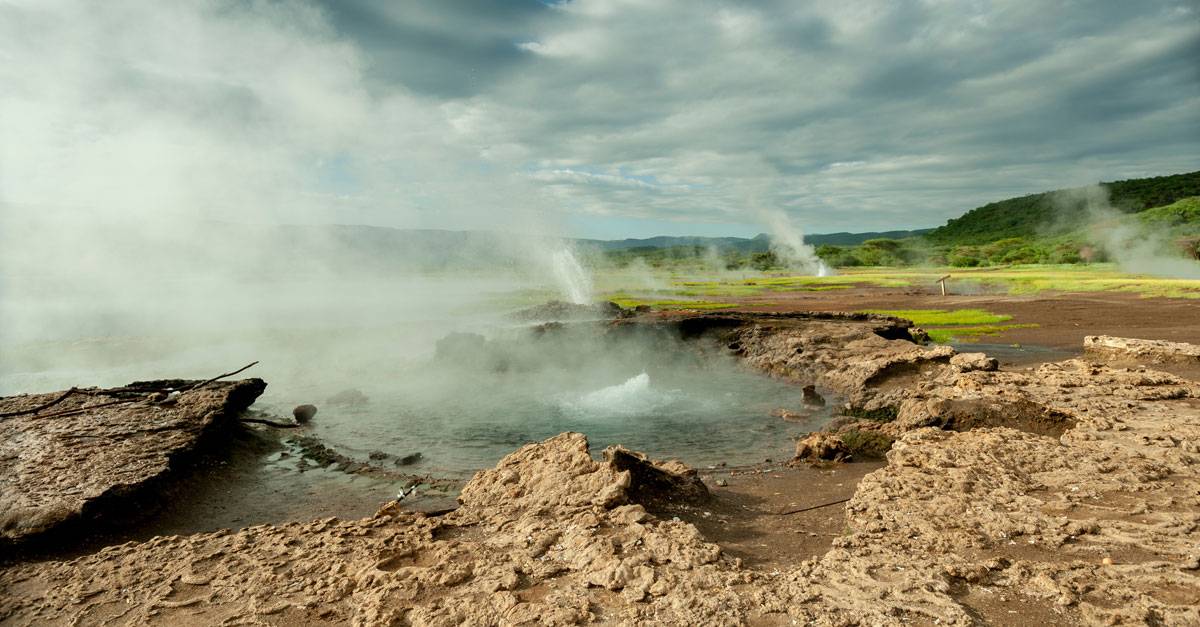Impact investing – allocating capital to generate measurable social or environmental benefits alongside financial returns – has become a strategic choice for UHNWIs. Far from a passing trend, it aligns with their goals of creating lasting legacies while addressing pressing global challenges. This article explores five key reasons why.
The gaming industry has become a global phenomenon, captivating millions of people around the world. With advances in technology and the increasing popularity of online and mobile gaming, the industry has experienced exponential growth. In 2023, the market capitalisation of the largest gaming companies reached billions of dollars, solidifying their position as major players in the industry.
While much of Europe and the US are struggling with stagnant economic growth, it’s a different story in Africa. The International Monetary Fund is forecasting GDP growth of 4% on the continent.
The shipping industry plays a vital role in global trade, but it also contributes to greenhouse gas emissions. With the urgency to combat climate change, there is a growing need to find sustainable solutions for the maritime sector. The goal of achieving zero emission fuels in international shipping by 2030 is a crucial step towards decarbonization. However, recent analyses have shown that the industry is falling short of this target. What is the current state of zero emission fuels in shipping?
The market for sustainable and green building materials is experiencing steady growth due to increasing environmental concerns, government regulations, and consumer demand for green building practices. The market is expected to continue expanding in the coming years, driven by technological advancements and the adoption of green building certifications.
Foreign currencies’ fluctuations significantly impact the financial planning and investment portfolios of HNWIs and UHNWIs. Positive effects include enhanced asset value, increased repatriated profits, greater international purchasing power, geographic diversification, and arbitrage possibilities. These allow for value preservation and profit maximisation from international investments.
In pursuit of a sustainable future, Kenya has emerged as a global powerhouse in geothermal energy. With an abundance of geothermal resources and an unwavering commitment to green energy, Kenya is paving the way for a cleaner, more resilient energy sector. Kenya's geothermal revolution is pushing the country toward a greener future and positioning it as a leader in the global green energy movement.
Since 2016, Neuralink, the company owned by billionaire entrepreneur Elon Musk, has been developing brain implants that Musk hopes will become a cure for incurable diseases such as paralysis and blindness. Now the U.S. Food and Drug Administration (FDA) has allowed a clinical trial.
Customers are increasingly looking for and demanding that companies do more than make profits. And then, a company can improve its reputation among investors by showing them it cares about environmental, social, and governance (ESG) topics. Those are two reasons why companies should bother with ESG issues.
We think you might like
For family offices, it’s all too easy for diversification strategies to become operational liabilities. When there are multiple custodians, asset classes, and jurisdictions, the structures meant to protect wealth can obscure it. Unfortunately, the persistence of spreadsheet-based consolidation is a symptom of an infrastructure gap. Fortunately, family offices can learn from how institutional investors address this gap.
Markets don't wait for quarterly reviews. Risk management shouldn't either. Institutional investors monitor risks continuously — but not by having their people watch screens continuously. Family offices can achieve the same proactive oversight through automated monitoring technology that tracks multiple risk factors and notifies portfolio managers the moment thresholds are breached.
You know the value of your private equity stakes, your real estate holdings, your venture capital commitments. But do you know when those assets will demand — or return — capital? The difference between reactive improvisation and proactive planning isn't sophisticated treasury management. It's treating your consolidated wealth intelligence as a strategic asset. Purpose-built technology transforms fragmented holdings into forward-looking liquidity forecasts, turning cash flow management from crisis response into competitive advantage.
In case you missed it
Fintech companies are introducing innovative methods to understand and manage even the most diverse portfolios. If you’re considering working with one of these financial industry newcomers independently – that is, not through one of your banks or other institutional service providers – you should ask four basic questions about their data security. This article explores these questions and provides guidance on evaluating the responses.













